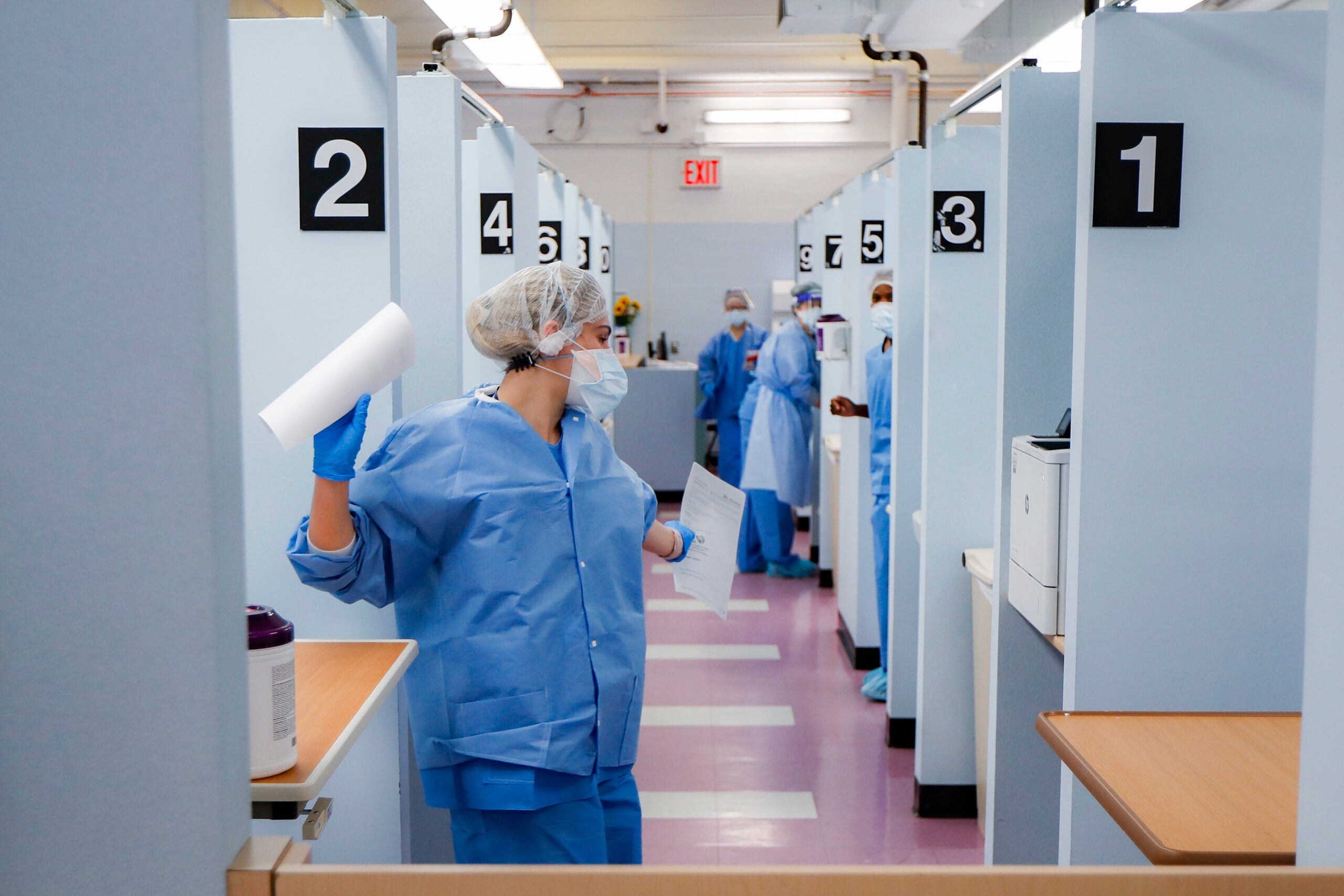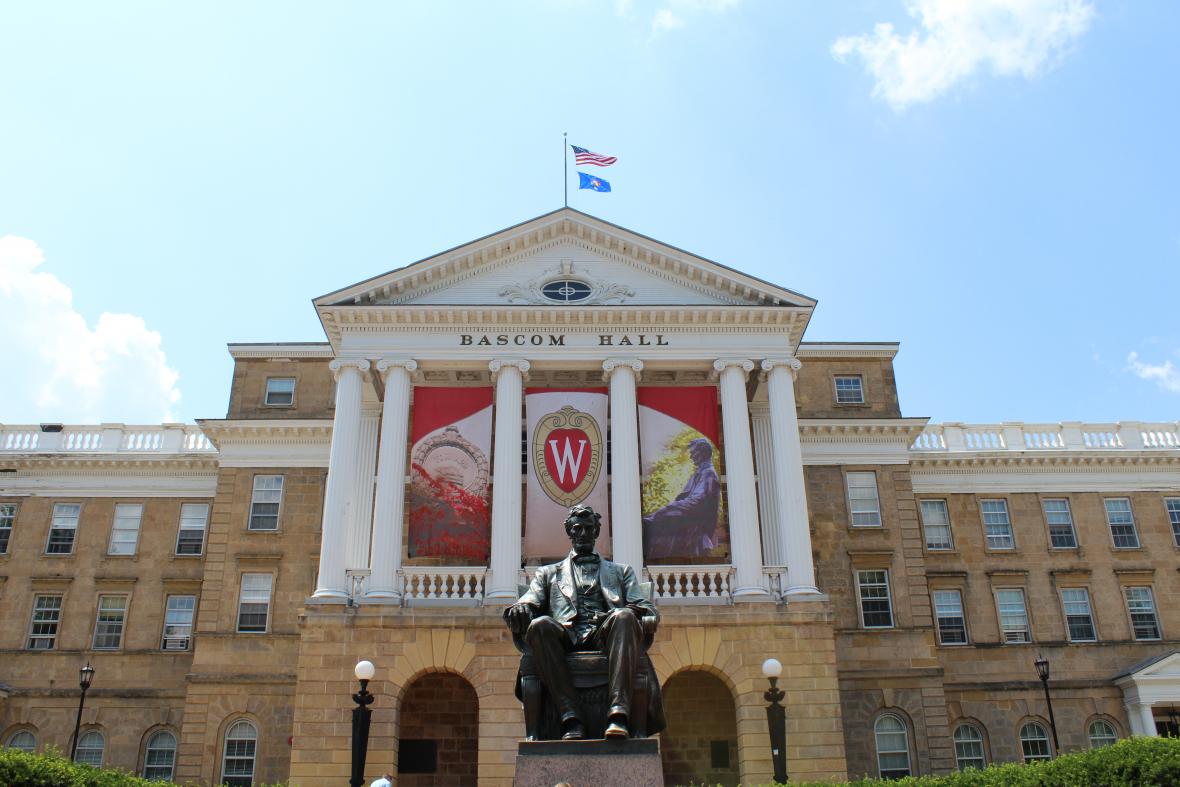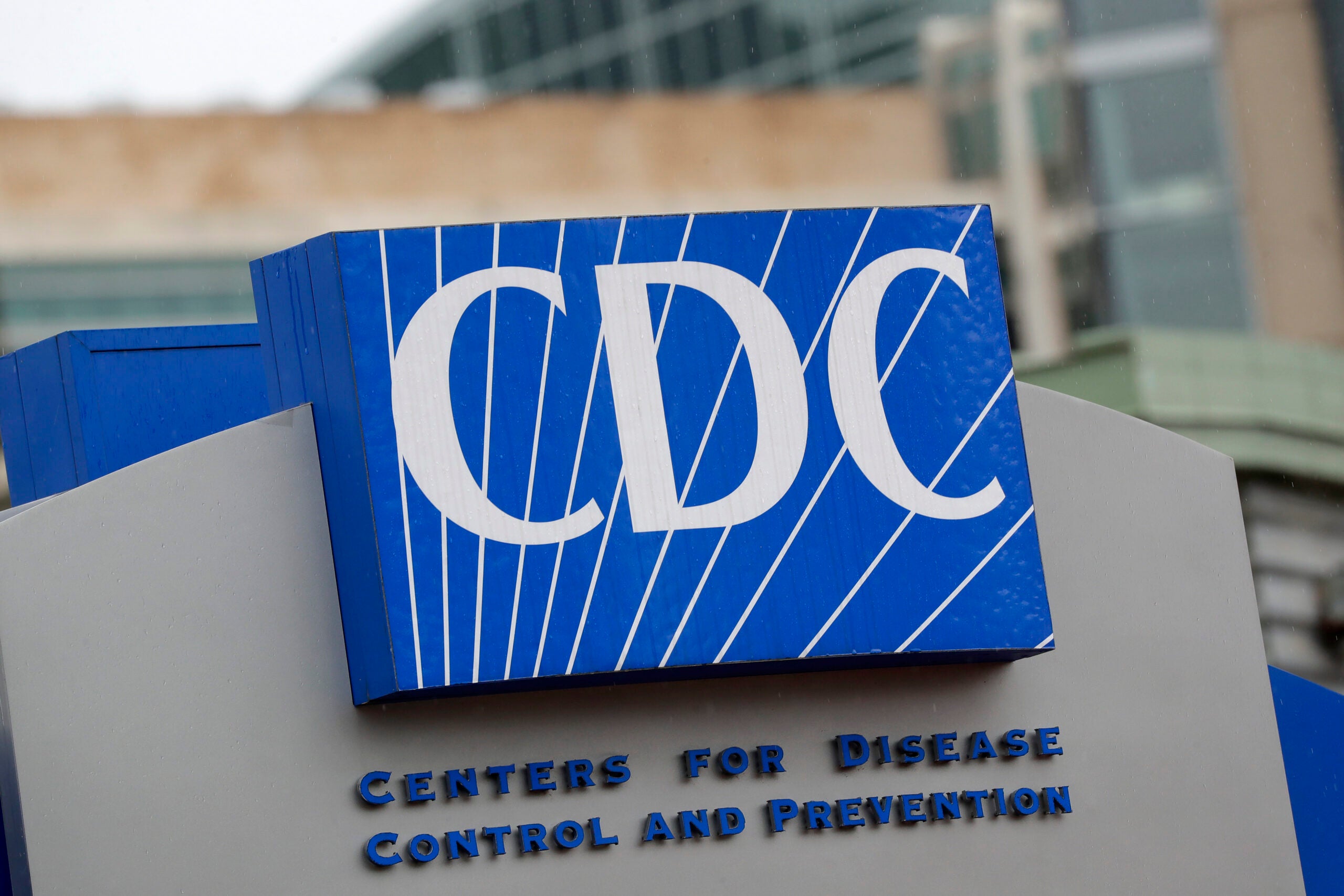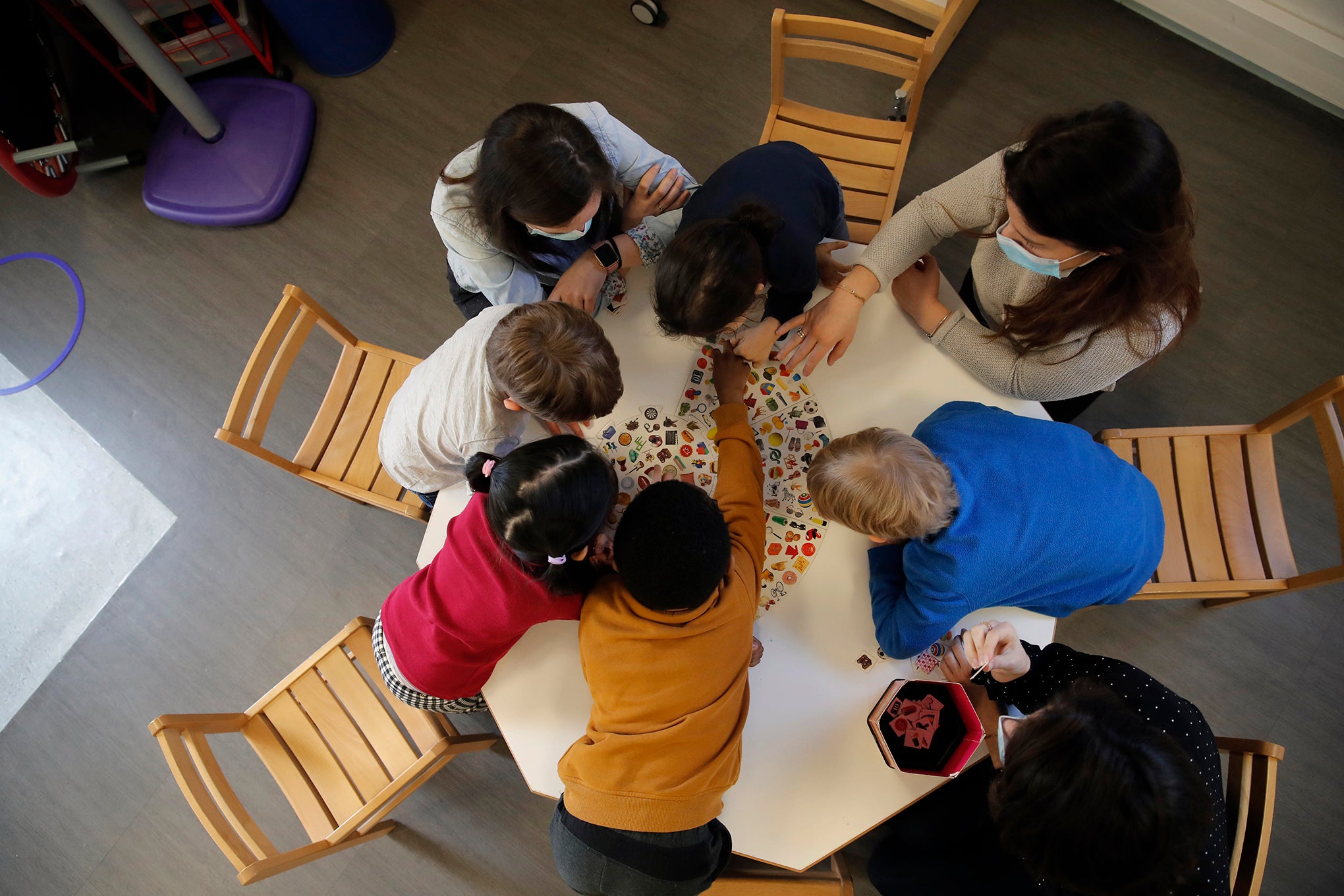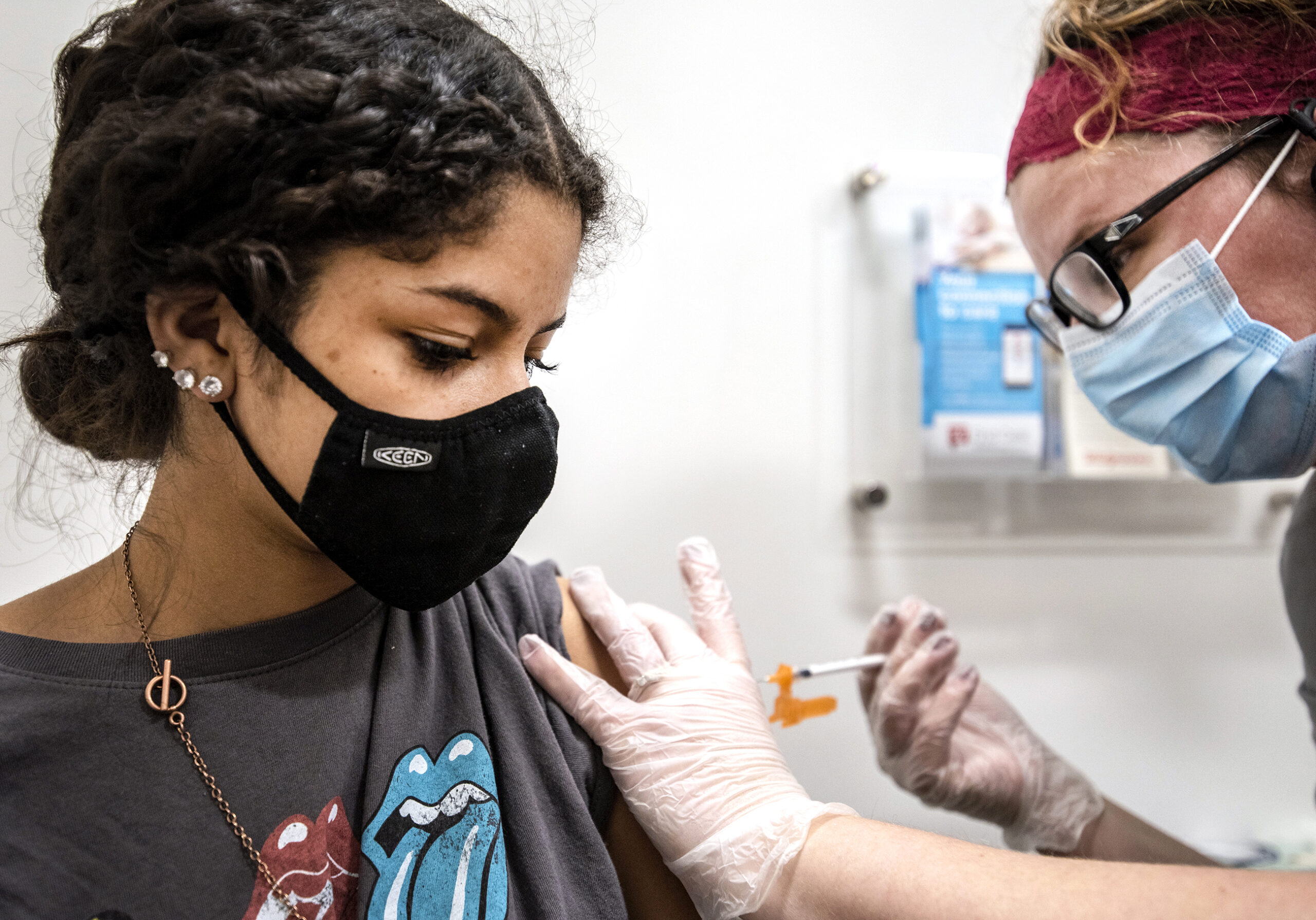A nationwide research project to advance personalized medicine could end up playing a role in the development of COVID-19 treatments, the project’s leaders in Wisconsin say, and even address racial disparities in outcomes among coronavirus patients.
The nationwide All of Us Research Program aims to tailor medical treatments of all kinds, including treatments that may be developed for the new coronavirus. So far more than 271,000 people nationwide have signed up to share data with the initiative. All of Us started under President Barack Obama in 2018 and involves institutions across the country, including the University of Wisconsin School of Medicine and Public Health, Medical College of Wisconsin, Gunderson Health System and Marshfield Clinic.
Half of the participants who have enrolled are from racial and ethnic minority groups.
Stay informed on the latest news
Sign up for WPR’s email newsletter.
“This is an exciting opportunity for our participants to have a direct impact on COVID-19 research, watching how their participation in this historic effort is truly making a difference,” said Dr. Elizabeth Burnside, co-principal investigator of All of Us at UW-Madison, and a UW Health physician. “This focused initiative could be especially important for members of communities that are often underrepresented in health research and who may question the overall and personal benefit of research participation.”
Black people are dying at a higher rate from COVID-19 in Wisconsin, making up nearly a quarter of the COVID-19 deaths even though they make up less than 7 percent of the state’s population. Latinos have also been adversely affected, accounting for 12 percent of the state’s 833 deaths from the virus.
The virus has also taken an emotional and financial toll, which the All of Us program hopes to quantify using a monthly survey that started in May. The COVID-19 Participant Experience Survey asks people how the pandemic has affected their emotional health, job status and housing.
A third element of research on COVID-19 under the All of Us program will test 10,000 people for antibodies to the disease. Researchers will start with samples in March and work backwards until positive tests showing exposure to COVID-19 are no longer found, Burnside said.
This could help determine how widespread the new coronavirus was, long before it was on anyone’s radar.
In June, Wisconsin health officials announced a different population study involving COVID-19 that they said would provide information on where COVID-19 has been and help identify communities that may be at risk for future outbreaks. The Survey of the Health of Wisconsin is conducting that research.
About a thousand of the 2,500 people asked to participate have agreed to do so, said the survey’s director Kristen Malecki, who is also associate professor in the Department of Population Health Sciences at UW-Madison. Results could be available by mid-August. They still have two more weeks to collect samples from 12 sites around Wisconsin, she said.
The study will not only provide an indication of how many people in the state have been exposed to the new coronavirus but help researchers understand whether those who didn’t have symptoms produced antibodies.
“I think there’s a lot of things in understanding the mystery of COVID-19 that we’ll be able to learn from the data,” Malecki said.
Wisconsin Public Radio, © Copyright 2025, Board of Regents of the University of Wisconsin System and Wisconsin Educational Communications Board.
